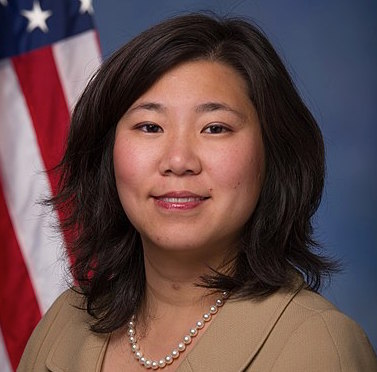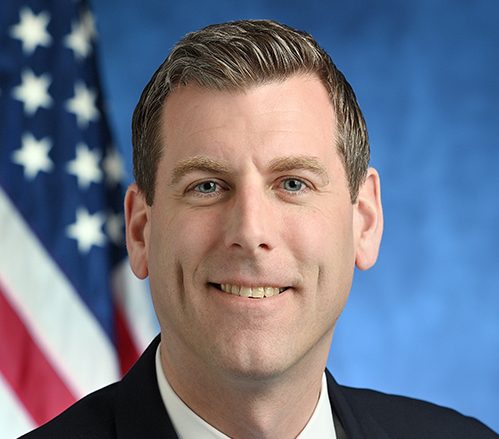Meng Seeks Coronavirus Assistance Funds for Immigrants

U.S. Rep. Grace Meng (D-Bayside, Flushing, Forest Hills, Fresh Meadows, Glendale, Kew Gardens, Maspeth, Middle Village, Rego Park) led a letter to House and Senate leaders last week calling for the next coronavirus relief package to provide economic impact payments to millions of immigrants who file their taxes with an Individual Tax Identification Number (ITIN).
In March, Congress passed and the president signed into law the Coronavirus Aid, Relief, and Economic Security (CARES) Act. The measure provided checks of up to $1,200 per adult and $500 per child to help taxpayers with financial burdens caused by the COVID-19 crisis. But the legislation only allowed the money to be sent to those who file their taxes with a Social Security number which left immigrants who use an ITIN with nothing. These include nearly 200,000 New Yorkers.
“It is critical that the next coronavirus relief bill make ITIN filers eligible to receive economic impact payments,” said Congresswoman Meng. ”Making these funds available to those with ITIN numbers is long overdue, and I urge congressional leaders to do everything possible to ensure that immigrants, many of whom have been essential workers during the coronavirus outbreak, are not excluded again. Working immigrants and mixed-status families have felt the impacts of the COVID-19 pandemic. They too have been hit hard by the crisis and deserve relief just like millions of American citizens do. We must not turn our backs on them.”
The HEROES Act, a relief package passed by the Democrat-led House in May, contains a provision that would allow individuals with ITIN numbers to receive economic impact payments. The bill has not been passed by the GOP-controlled Senate.
The text of Meng’s letter, which was signed by 33 other Members of Congress, is below and a copy of the correspondence can be viewed here.
Braunstein Hosts Blood Drive with 100+ Donors

Assemblyman Edward C. Braunstein (D-Bayside) sponsored his 8th Annual Summer Blood Drive at the Bay Terrace Shopping Center, in conjunction with the New York Blood Center on August 6.
“Due to COVID-19, hospitals in New York are in urgent need of blood donations,” said Braunstein. “Thanks to the overwhelming generosity of over 100 Northeast Queens residents who participated in our blood drive, more than 300 lives will be saved. I would like to express my gratitude to the New York Blood Center for its continuing partnership, and to the Cord Meyer Development Company’s Bay Terrace Shopping Center for providing a large space that allowed for ample social distancing.”
Schumer Criticizes Trump’s Executive Orders

U.S. Senator Charles Schumer highlighted on Sunday some of the glaring deficiencies in President Trump’s just-announced ‘Executive Orders’ that are cause for serious concern amidst the public health and economic crisis dealt by the coronavirus.
Schumer said President Trump’s actions Saturday totally leave out money for state and local governments—from New York City, to Long Island and beyond.
“Yesterday’s executive orders can be summed up in three words: unworkable, weak and narrow,” said U.S. Senator Charles Schumer. “Among several deficiencies, these orders totally leave out money for our schools to reopen safely, money for state and local governments that’s needed to fight fires, pick up the garbage or employ teachers. Even more worrisome, the president’s actions exclude COVID-19 testing, tracing and treatment, which is at the heart of solving the pandemic crisis in the first place. That is why I am calling on President Trump and the GOP to meet democrats in the middle –like we have done in the prior bills—and come up with an agreement that will actually help us get through this crisis.”
Schumer also said the orders totally exclude money for schools to reopen safely, a New York priority. Finally, Schumer warned the orders leave out testing, tracing and treatment of the coronavirus itself. Schumer explained these are just a few of the many gaping holes in the actions taken yesterday as he made the case for the president and the GOP to meet democrats in the middle—like was done with the prior emergency bills—and come up with an agreement that will actually help us get through this crisis.









